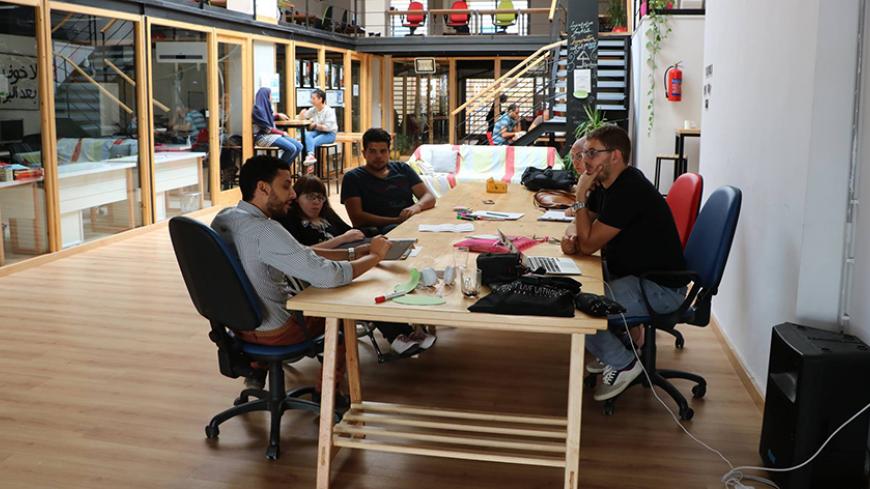Two dozen casually dressed entrepreneurs were gathered around a Scandinavian-style wooden table, eating glazed pastries and pouring each other cups of coffee. They introduced themselves — web designer, graphic designer, gamer — in a mix of French, Arabic and English. With its sleek blond wood floors and rustic pallet sofas, we could have been at a hip cafe in Brooklyn or Berlin. But this is Startup Haus, a co-working space in downtown Tunis, just a stone’s throw from the city’s busiest intersection.
Startup Haus, which opened in March 2016, is one of six co-working spaces that have popped up in Tunisia since the 2011 revolution. Last year, Cogite, which opened in 2013 as the country’s first co-working space, was ranked in Forbes’ Top 10 co-working spaces worldwide. The annual Co-Working Summit for entrepreneurs in the Middle East and North Africa region was hosted in Tunisia in 2015 and 2016. Long overshadowed by the entrepreneurial ecosystems in the Gulf states, Egypt and Jordan, Tunisia’s co-working spaces and entrepreneurs seem to be having a moment.


